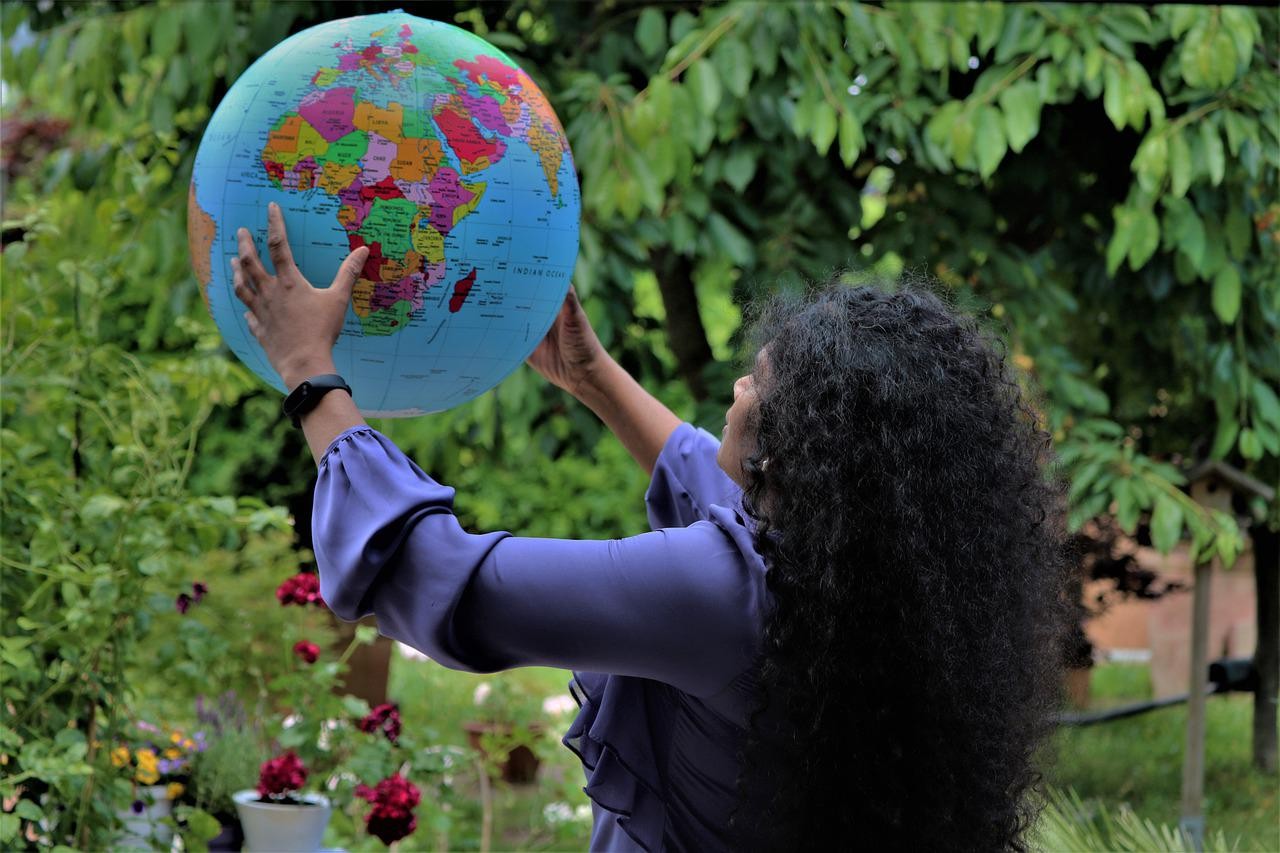World Milk Day 2024 Report – Celebrating Dairy’s Vital Role in Nutrition and Sustainability
This year, on June 1, we celebrated the vital role that dairy plays in delivering…
Every year on May 25, Africa Day is celebrated to commemorate the first union of African states. This day is usually marked with festivities, music, dancing, and food. Unfortunately, not everyone is able to celebrate the day in this manner. The COVID-19 pandemic left an estimated 800 million people facing hunger around the world and Africa was not spared. The State of Food Security and Nutrition in the World 2021 report revealed that about one-third of all undernourished people live in Africa. According to the Continental Nutrition Accountability Scorecard, which was introduced by the African Union and the Africa Leaders for Nutrition (ALN) in 2019, women and children who are the most vulnerable in society are suffering from nutrition-related challenges. Almost 60 million children under the age of five are stunted in Africa. Women’s anemia is also prevalent in 38 countries, with prevalence rates exceeding 30%. Meanwhile, obesity, overweight, and noncommunicable diseases linked to poor diets are on the rise. These alarming statistics drove the African leaders to declare nutrition and food security on the continent as the topmost priority for 2022.
In line with this agenda, the African Union set four priority areas:
• Data management and information systems, knowledge generation and dissemination, to inform decision making
• Advocacy for increased commitment and nutrition investment
• Partnerships and mutual accountability platforms for harmonized action and transparency
• Institutional capacity enhancement and enabling environment for intensified action and delivery of results and impact

Africa has taken a step in the right direction yet the path to improved food security and nutrition has been littered with several obstacles. One major obstacle, for example, is the disruption of food supply caused by the Russia-Ukraine conflict. Africa now faces a food shortfall of at least 30 million metric tons, especially in wheat, maize, and soybeans, which are predominantly imported from both nations. In a bid to address this challenge, the board of directors of the African Development Bank Group (AfDB) has approved a $1.5 billion loan for smallholder farmers. The initiative dubbed the African Emergency Food Production Facility will supply certified seeds to 20 million African smallholder farmers and boost access to agricultural fertilizers, allowing them to enhance production of 38 million tons of food. The facility will also serve as a forum for advocating for crucial legislative reforms to address structural difficulties that prevent farmers from accessing modern inputs.
For several years, Emerging ag has been the voice of farmers and it is heartwarming to see policies and programmes geared towards empowering farmers especially smallholder farmers. We laud this initiative of the African Development Bank Group, and we hope to see this replicated on other continents. As we celebrate Africa Day today, it is our fervent wish that Africa will develop more resilient food systems for a better nourished and healthier Africa. Happy Africa Day to all especially the farmers who put food on our tables.